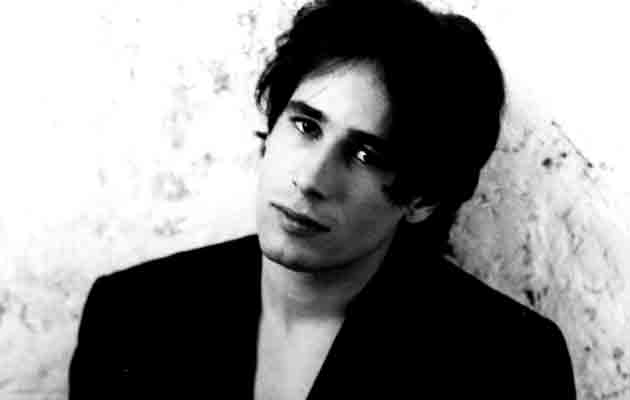In 1993, Jeff Buckley released his first EP: four songs, played live and alone, that introduced an extraordinary new talent to the musical world. Soon, he would create a debut album, Grace, that suggested he could do anything. Buckley, however, wasn’t so sure: “Jeff,” says his best friend, “...
Buckley cut his hair short and sang in Gods And Monsters, a virtuoso raga-rock outfit led by former Captain Beefheart guitarist Gary Lucas. At first, the collaboration was fruitful. Buckley wrote lyrics for a pair of Lucas instrumentals (“And You Will”, “Rise Up To Be”), turning them into “Mojo Pin” and “Grace”. Lucas, angling to sign Gods And Monsters to the BMG-financed Imago Records, envisaged success on a grand scale. Buckley – 14 years his junior – was his final jigsaw piece, his Robert Plant, his Jim Morrison. Gods And Monsters organised a March ’92 showcase gig at the same Brooklyn church where Buckley had honoured his father a year before.
“I was so pissed off at Gary,” remembers Kate Hyman, an Imago Records A&R executive. “Jeff was amazing – you could tell he was a star. But every time he came to the front of the stage, Gary would jump in front of him and play all over him.” Buckley began to feel mismatched with Lucas but was unwilling to confront him, a typical trait according to friends. The band’s bassist, Tony Maimone, proved easier to confide in. “He says, ‘Y’know, Tony, I’m not sure if I’m gonna continue with this,’” Maimone recalls. “It was a little bittersweet. He was kind and gentle, but I got the impression we weren’t going to be playing with him for much longer. He had his own vision to pursue.”
Steve Abbott, a New York-based Englishman who owned a London indie label (Big Cat), saw Gods And Monsters play in a club. Abbott immediately identified Buckley as their most interesting member. “He looked quite sulky and moody, whereas Gary was very in-your-face. Jeff came back on at the end and did a song by himself. It was one of those moments where you haven’t quite heard anything like it. It didn’t fit into any musical format. I spoke to him later and he told me he had some gigs at a place called Sin-é.”
Anyone who attended Buckley’s concert at London’s Shepherd’s Bush Empire on March 4, 1995 will remember the dreadlocked black man who walked onstage to duet with him on “What Will You Say”. His name is Chris Dowd and he’d like to delete that night from his memory (not to mention from YouTube) – he admits that he was horribly drunk. Dowd, a founder member of LA ska band Fishbone, was one of Buckley’s closest friends. After Dowd left Fishbone, he and Jeff lived together for a time in New York, Dowd fielding phone calls for Jeff while he was out. “It would be Chrissie Hynde or Elvis Costello. ‘Hello, is Jeff there? Tell him Elvis called.’ ‘Er, OK.’”
Buckley had become the darling of Sin-é. Sin-é was a café in the East Village run by an Irishman (its name, pronounced “shin-ay”, is Irish for “that’s it”). It had a small bar and no stage. Buckley appeared at Sin-é almost every week in 1992, leaning against a wall and singing, accompanying himself on a Telecaster plugged into a little Fender amp. It was casual and informal (nobody paid to get in), but the customers agreed that something extraordinary happened when he sang. His voice, which he was modifying all the time, was sensual and gender-ambiguous. It could make people cry. It could make them feel elated. It could – and he would insist on this – eliminate conversation from the room. He alluded to his Sin-é period in a 1995 interview with Melbourne’s RRR radio station: “What I’m trying to do is just sing what comes to my body in the context of the song. And if you go by the emotion of the song, it’s almost like stepping into a city. Cities have certain customs and rules and laws you can break, and that’s what I was doing.”



